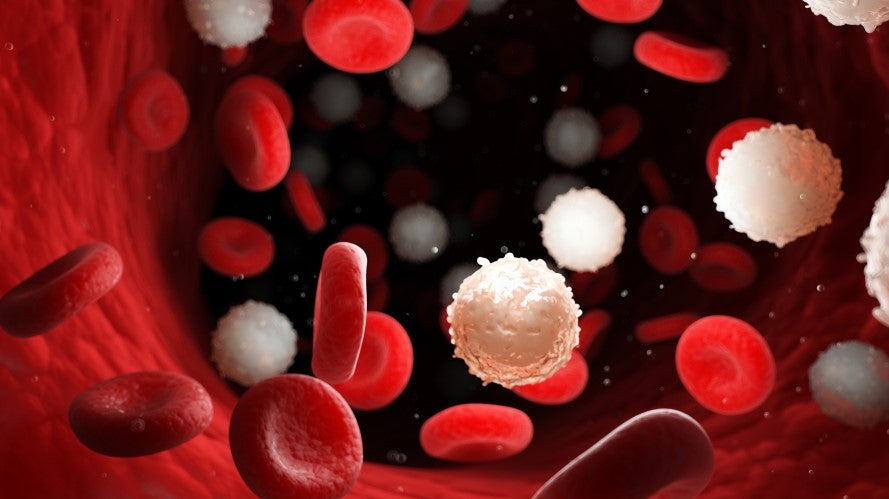

XNK Therapeutics has partnered with Sweden-based research university Karolinska University Hospital to evaluate the former’s natural killer (NK) cell therapy candidate, XNK02, in pre-clinical development.
The research collaboration will investigate XNK02 for treating acute myeloid leukaemia (AML). XNK partnered with The University of Texas MD Anderson Cancer Centre, which led to the development of XNK02.
A study to investigate the NK cells’ ability to kill the tumour cells will be conducted as a part of the research collaboration. To that end, a large-scale bioreactor culture study of AML patients’ immune cells will be performed. Using XNK’s technology, these immune cells will then be activated and expanded to promote cell growth.
Cell therapies constitute a major share of the AML therapy market, with GlobalData forecasting the sales of these cell therapies to reach up to $3.1bn in 2031. Additionally, there are several novel therapies entering the AML market. Recently, positive Phase II data for a cell-based vaccine, vididencel, as a maintenance therapy for AML was reported by Mendus.
GlobalData is the parent company of Pharmaceutical Technology.
XNK’s other lead candidate evencaleucel is in Phase II of clinical development as a combination therapy with Sanofi’s anti-CD38 antibody, Sarclisa (isatuximab). The company has partnered with Sanofi and a Sweden-based research institute, Karolinska University Hospital (Stockholm), for the evencaleucel drug development programme.
XNK also has two more drugs in pre-clinical development, namely XNK03 and XNK04, for the treatment of urothelial cancer and an undisclosed indication, respectively.
Cell & Gene Therapy coverage on Pharmaceutical Technology is supported by Cytiva.
Editorial content is independently produced and follows the highest standards of journalistic integrity. Topic sponsors are not involved in the creation of editorial content.
